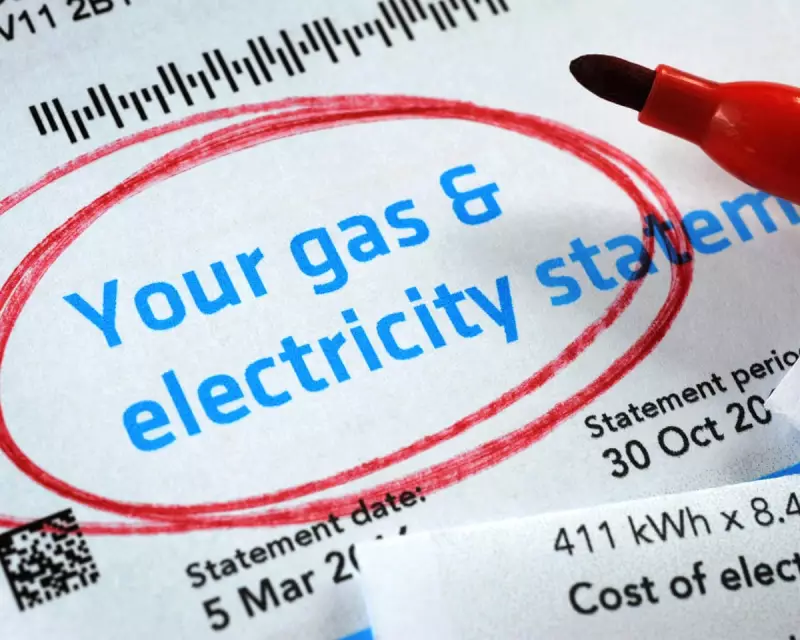
Millions of British households are set to face a costly winter as the energy regulator Ofgem confirms a significant increase to the price cap from October. The typical annual dual-fuel bill will rise by approximately £100, pushing the average charge to £1,760.
What's Behind the Price Hike?
Ofgem's latest adjustment reflects increased wholesale energy costs and higher expenses associated with supporting struggling energy suppliers. The 4% rise comes despite relatively stable market conditions, highlighting the ongoing volatility in the energy sector.
"Energy prices are still significantly higher than before the crisis," warned Dame Clare Moriarty, chief executive of Citizens Advice. "Many households remain on a financial knife-edge, with millions behind on their energy bills."
Regional Variations and Standing Charges
The impact will vary across different regions of Great Britain, with customers in London, the South East, and the North West potentially facing slightly higher increases. The daily standing charge – a fixed cost covering connection to the energy network – will also see adjustments.
Prepayment meter customers, who typically pay less than direct debit customers, will continue to benefit from a government-backed discount that keeps their costs aligned with other payment methods.
Expert Advice for Consumers
Energy experts are urging households not to switch providers hastily. Richard Neudegg, director of regulation at Uswitch, advises: "There are no open-market deals that can significantly undercut the new price cap. The best advice for most households is to sit tight rather than fix."
Consumer groups recommend taking meter readings before the October change, considering energy efficiency improvements, and exploring available support schemes for those struggling with payments.
With winter approaching and energy consumption set to increase, this price rise will add further pressure to household budgets already stretched by the ongoing cost of living challenges.




